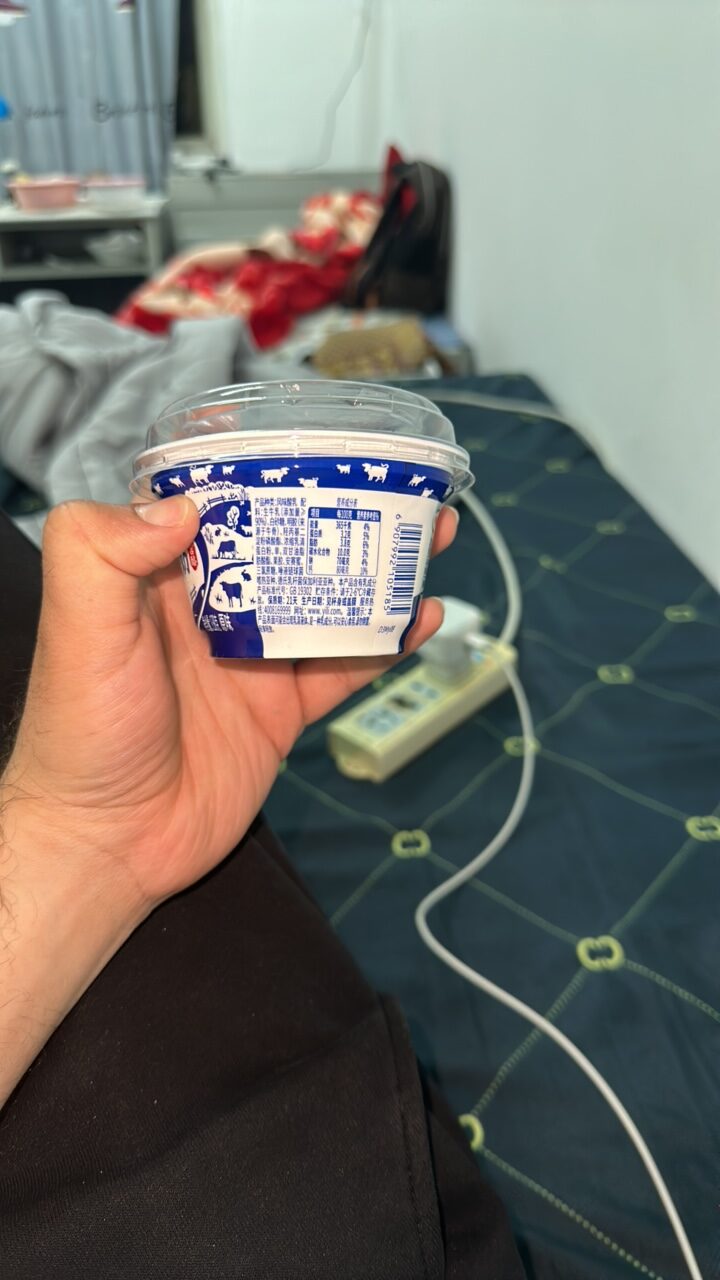
Barcode: 6907902105175
Yogurt
DOUBTFUL
📝 Reason: Check for Halal Logo
📄 Certificates: None
Ingredients:
Details
Exploring the Halal Status of Yogurt
If you’re wondering whether the yogurt you enjoy is Halal, you’re not alone. Yogurt is a beloved dairy product, but understanding its halal status can be complex due to various factors, including ingredients and production processes. In this article, we’ll delve into the Halal status of yogurt, explaining its ingredients and why it’s classified as doubtful in some contexts.
Understanding Halal Certification
The term ‘Halal’ refers to what is permissible or lawful in traditional Islamic law. Products typically require certification from a recognized authority to assure consumers that they meet Halal guidelines. In the case of yogurt, the absence of a Halal logo does raise questions, leading us to dig deeper into its components.
Ingredients Breakdown
This particular yogurt consists of three primary ingredients:
- Yogurt
- Cultured Milk
- Enzymes
Let’s take a closer look at these ingredients and their Halal status:
1. Yogurt
Status: Naturally Halal (Dairy)
Details: Yogurt is made from milk that has been fermented with specific lactic acid bacteria. As a dairy product, yogurt is naturally Halal. However, it’s essential to ensure that no non-Halal additives are included in the manufacturing process.
Source: Islamic Food and Nutrition Council
2. Cultured Milk
Status: Naturally Halal (Dairy)
Details: Cultured milk is similar to yogurt and is created through the fermentation of milk. Like yogurt, cultured milk originates from Halal sources, provided no non-Halal ingredients are added during production.
Source: Islamic Food and Nutrition Council
3. Enzymes
Status: Source uncertain
Details: The term ‘enzymes’ can refer to different substances obtained from various sources, including animal or plant origins. The uncertainty regarding the source of these enzymes is what leads to the doubtful Halal status. Enzymes may be derived from Halal or non-Halal sources, making it crucial to verify the origin of the specific enzyme used in a particular product.
Source: Halal HMC
Implications of the Ingredients
While yogurt and cultured milk possess naturally Halal properties, the ambiguity surrounding the enzymes complicates the yogurt’s overall Halal status. The Halal industry suggests consumers always check for Halal certifications and logos on products to ensure compliance.
Final Thoughts
The yogurt in question is categorized as Halal with some doubtful elements primarily due to the enzymes’ origin. Consumers are advised to look for the Halal logo on packaging and opt for brands that provide a clear statement regarding Halal certification. In the absence of visible certification, it is wise to approach such products with caution.
It’s essential for Muslim consumers to stay informed and make choices aligned with their values. If you’re keen on enjoying yogurt, consider contacting the manufacturer directly for more transparency about their sourcing and production methods.
In conclusion, when in doubt, always refer to credible sources or consult Halal authorities regarding the products you consume.

